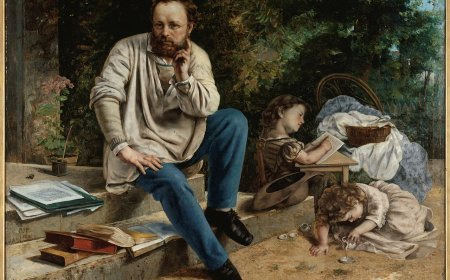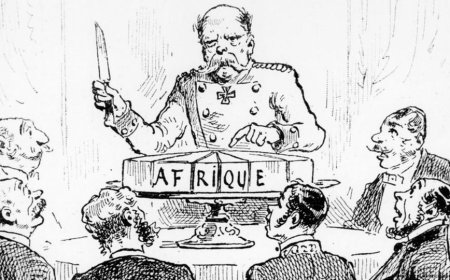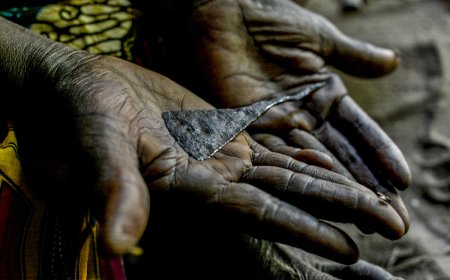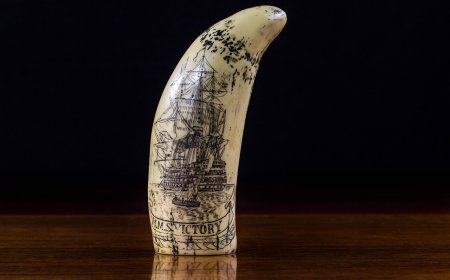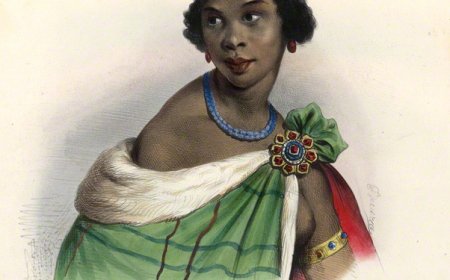The role of ancient African leaders in the development of slavery
The role of ancient African leaders in the development of slavery is a complex and multifaceted historical issue.

The institution of slavery existed in various societies around the world, and Africa was no exception. However, it is crucial to avoid oversimplifying the historical context and understand the nuances involved.
-
Pre-existing systems of servitude: In pre-colonial Africa, there were systems of servitude and bondage that existed within African societies. These were not necessarily based on racial or ethnic distinctions but often emerged from factors such as indebtedness, conquest, or criminal punishment. In some cases, prisoners of war or individuals from rival tribes could be enslaved as part of the spoils of war. However, these forms of servitude were generally different from the chattel slavery that emerged during the transatlantic slave trade.
-
Intermediaries in the transatlantic slave trade: With the arrival of European slave traders, some African leaders and kingdoms became intermediaries in the transatlantic slave trade. European traders sought to acquire slaves from African suppliers, who often captured or bought slaves from neighboring regions. These African intermediaries facilitated the capture and transportation of slaves to the coast, where they were sold to European slave traders. It is important to note that not all African leaders were involved in the slave trade, and resistance to it also occurred.
-
Impact of European demand for slaves: The transatlantic slave trade was driven by European demand for labor in their colonies in the Americas. African kingdoms, especially those situated along the west coast of Africa, became a significant source of enslaved labor due to their geographical proximity to European colonies and their willingness to participate in the trade. The economic incentives provided by European traders led some African leaders to engage in the trade.
-
Shift from servitude to chattel slavery: As the transatlantic slave trade intensified, the nature of slavery in Africa changed. Previously, forms of servitude were often temporary and did not involve the hereditary status of individuals or their descendants. However, with the transatlantic slave trade, a new form of chattel slavery emerged, where people were captured, sold, and treated as property, with no hope of regaining their freedom or passing it on to their children.
The involvement of some African leaders in the transatlantic slave trade does not justify or excuse the horrific exploitation and dehumanization endured by millions of enslaved Africans in the Americas. The impact of the transatlantic slave trade on Africa was devastating, resulting in the loss of millions of lives, disrupted societies, and long-term social and economic consequences.


































